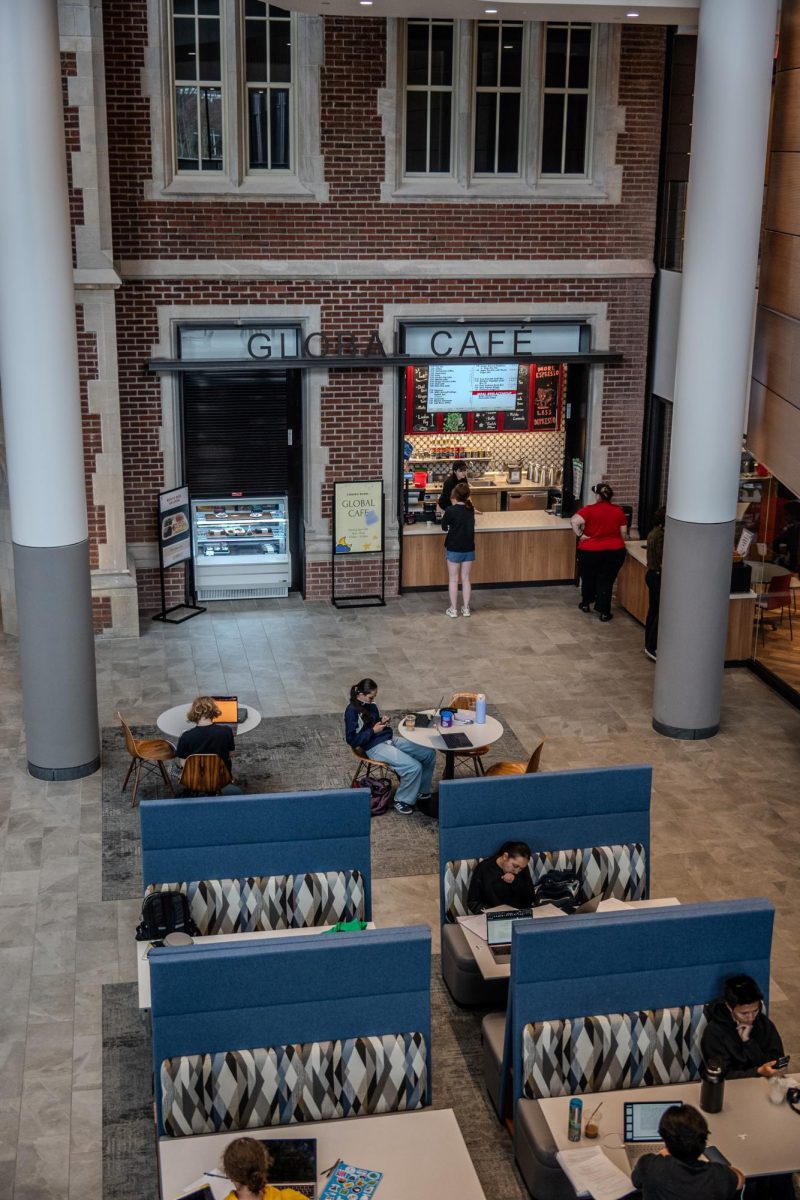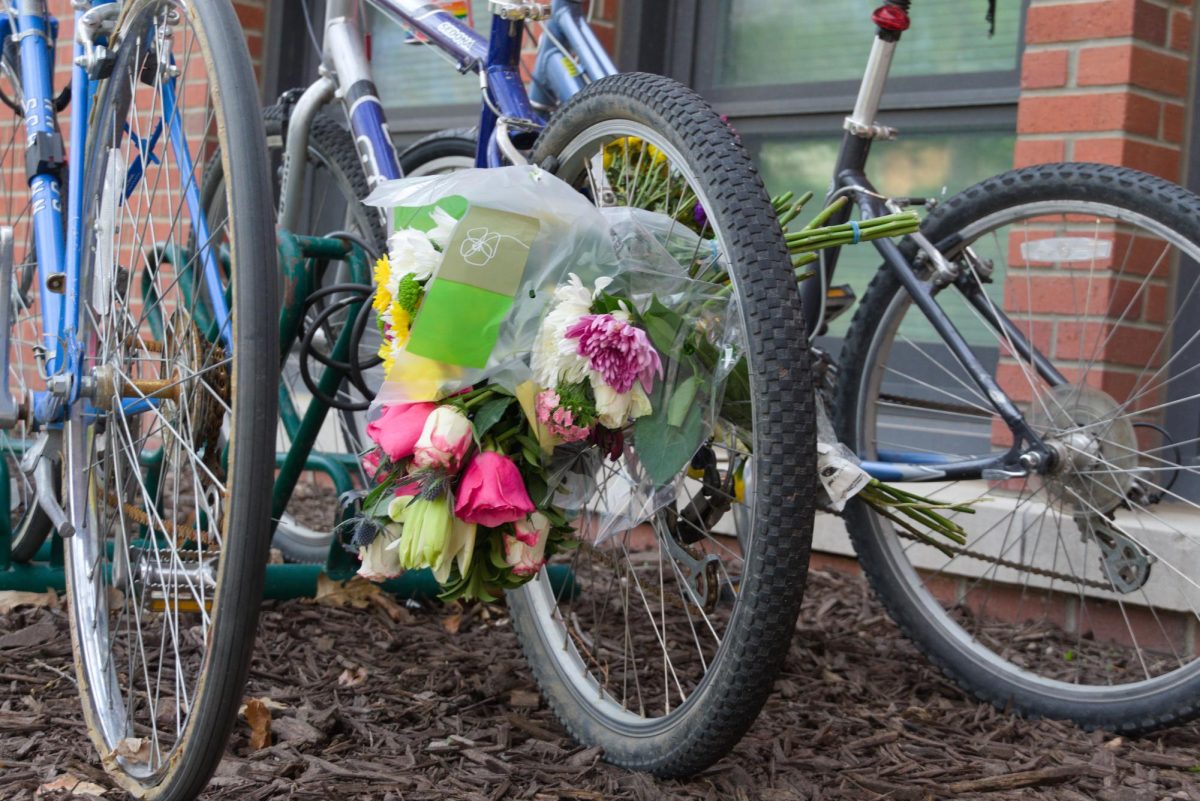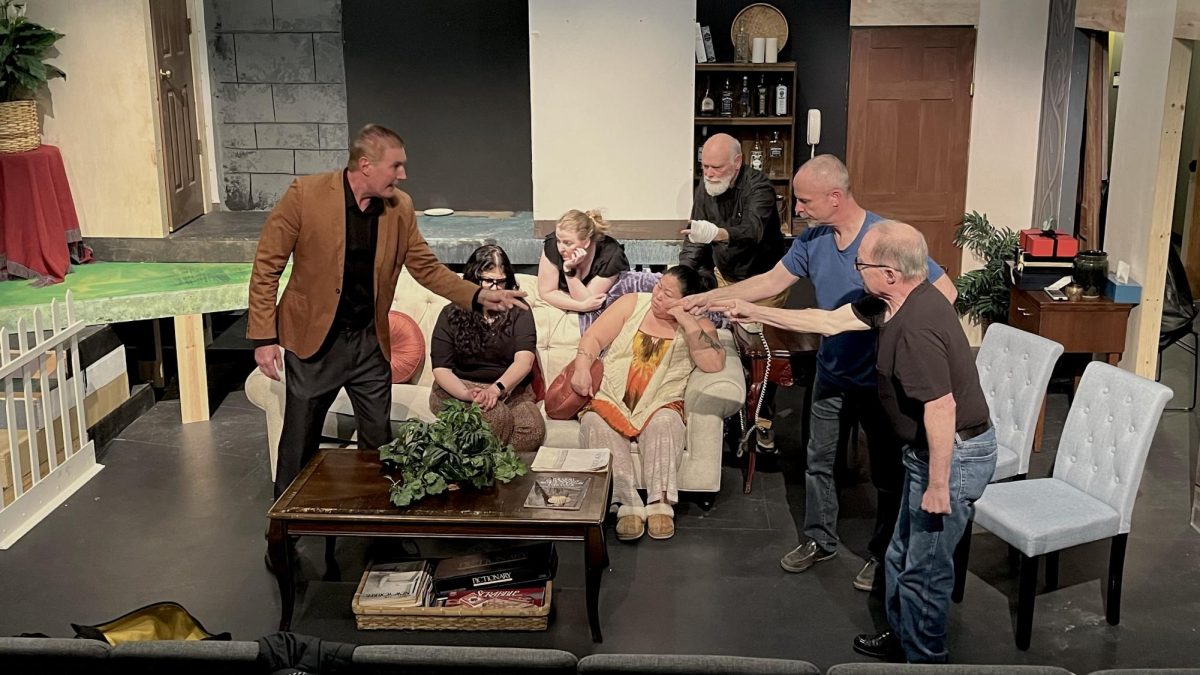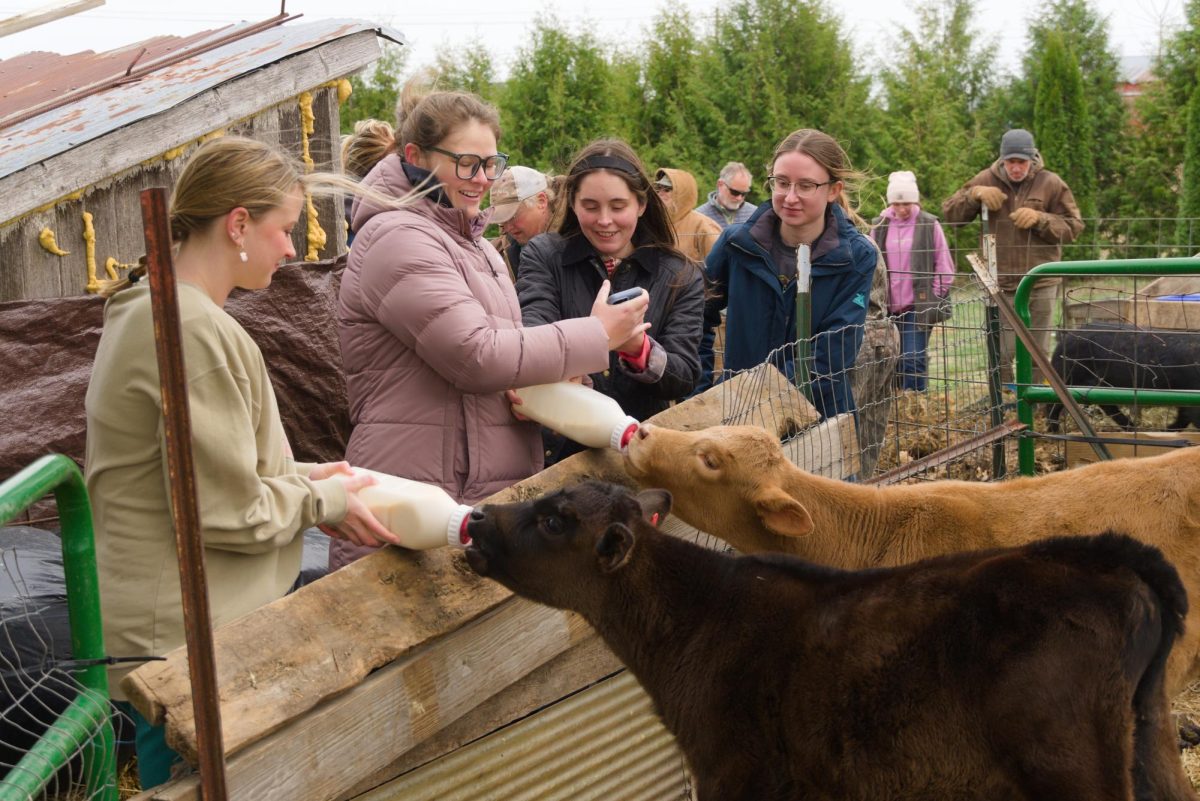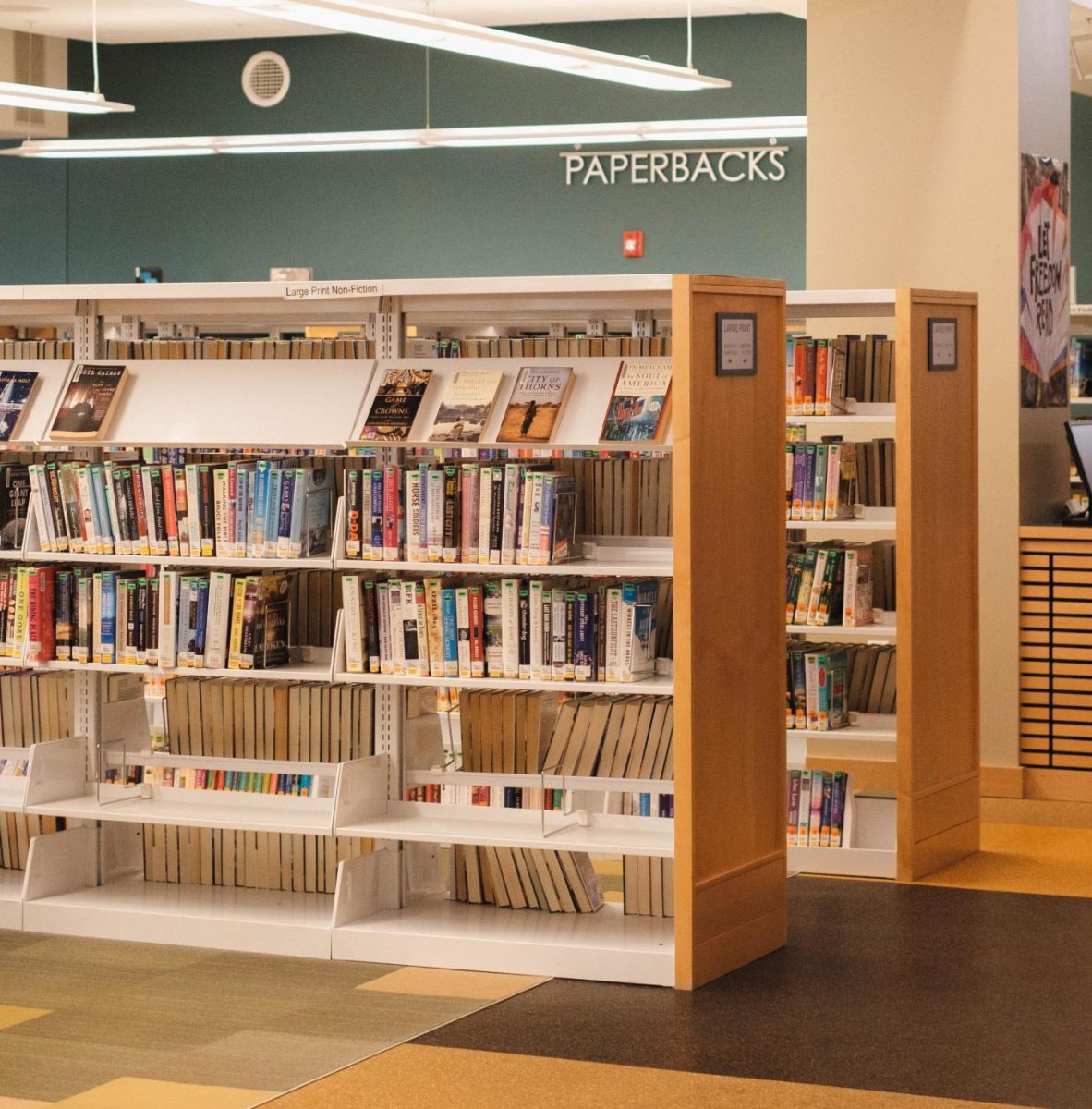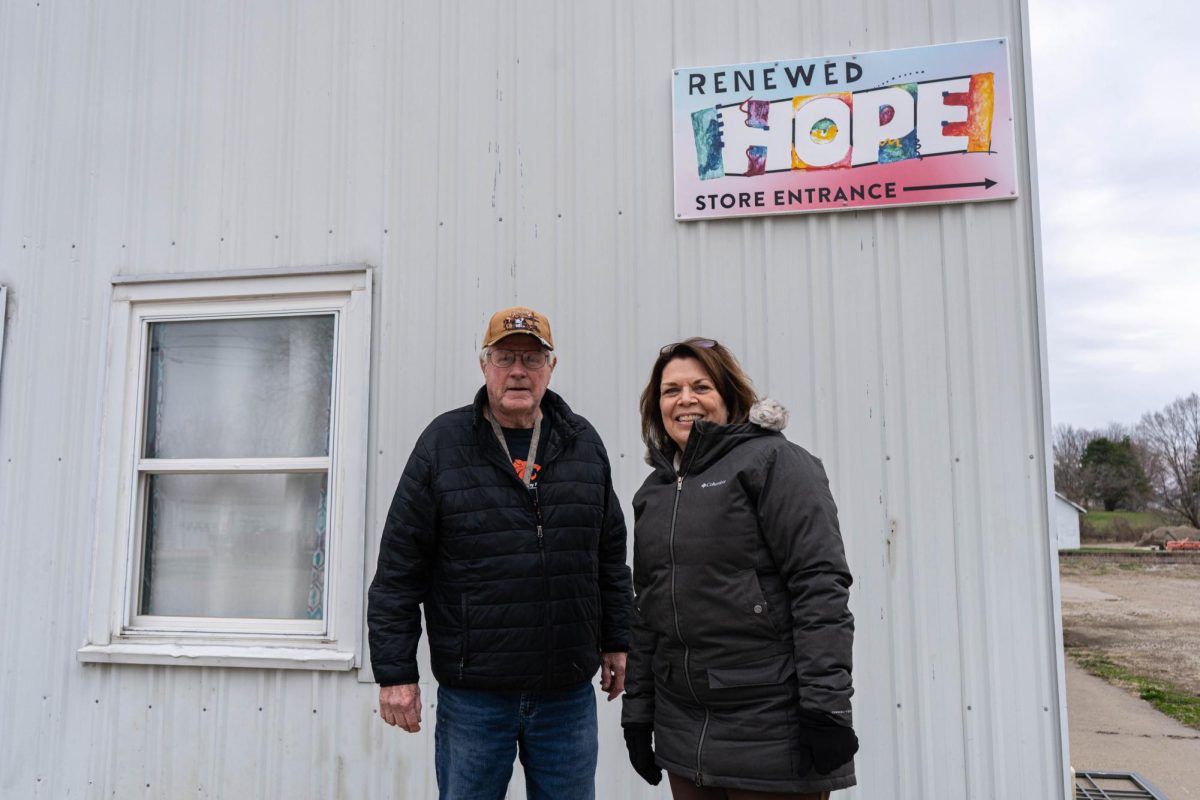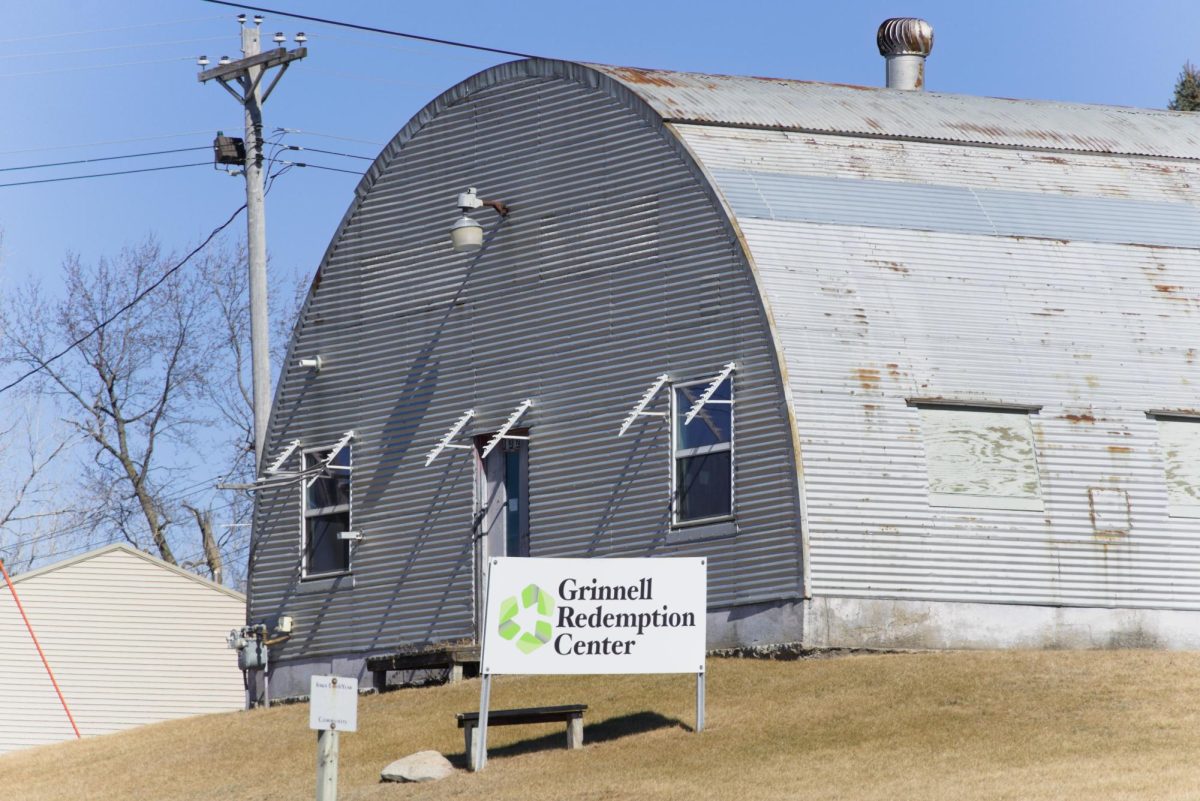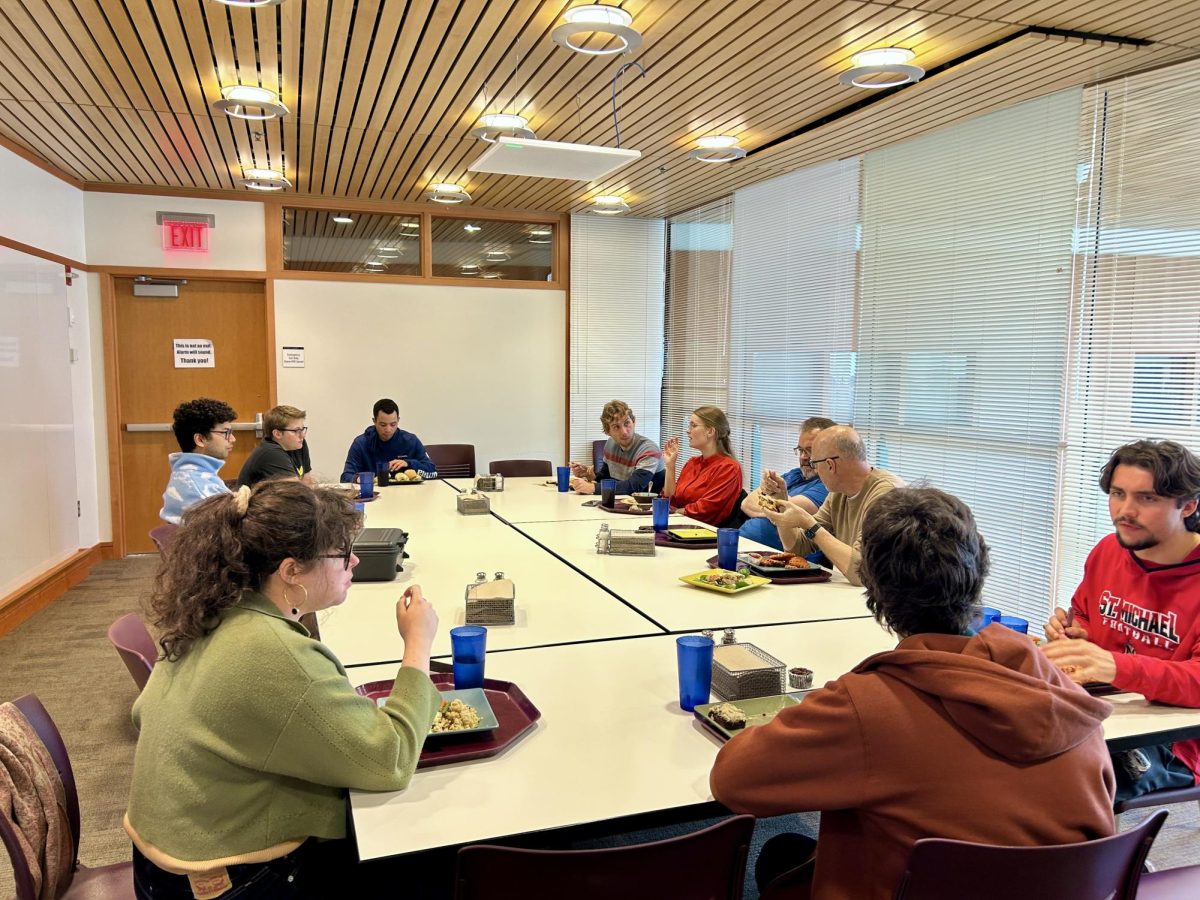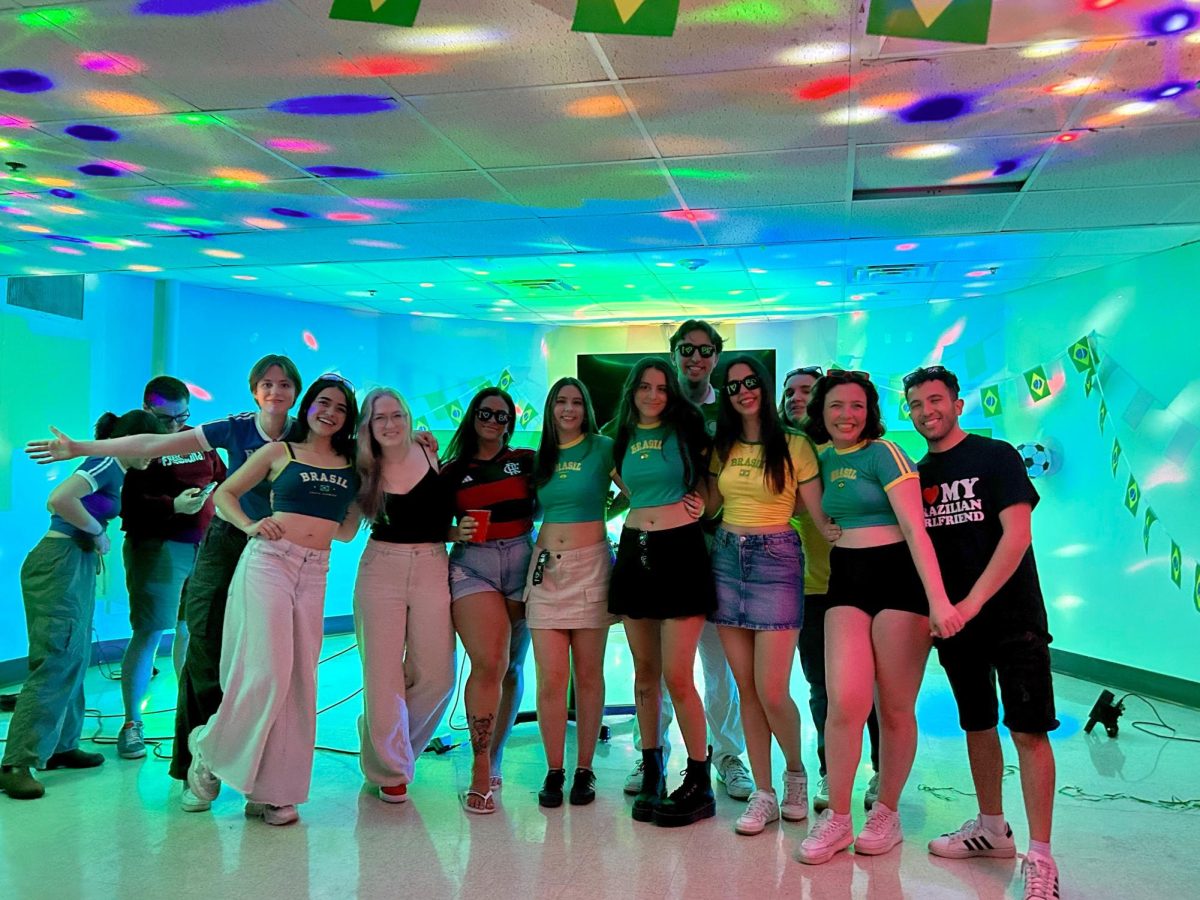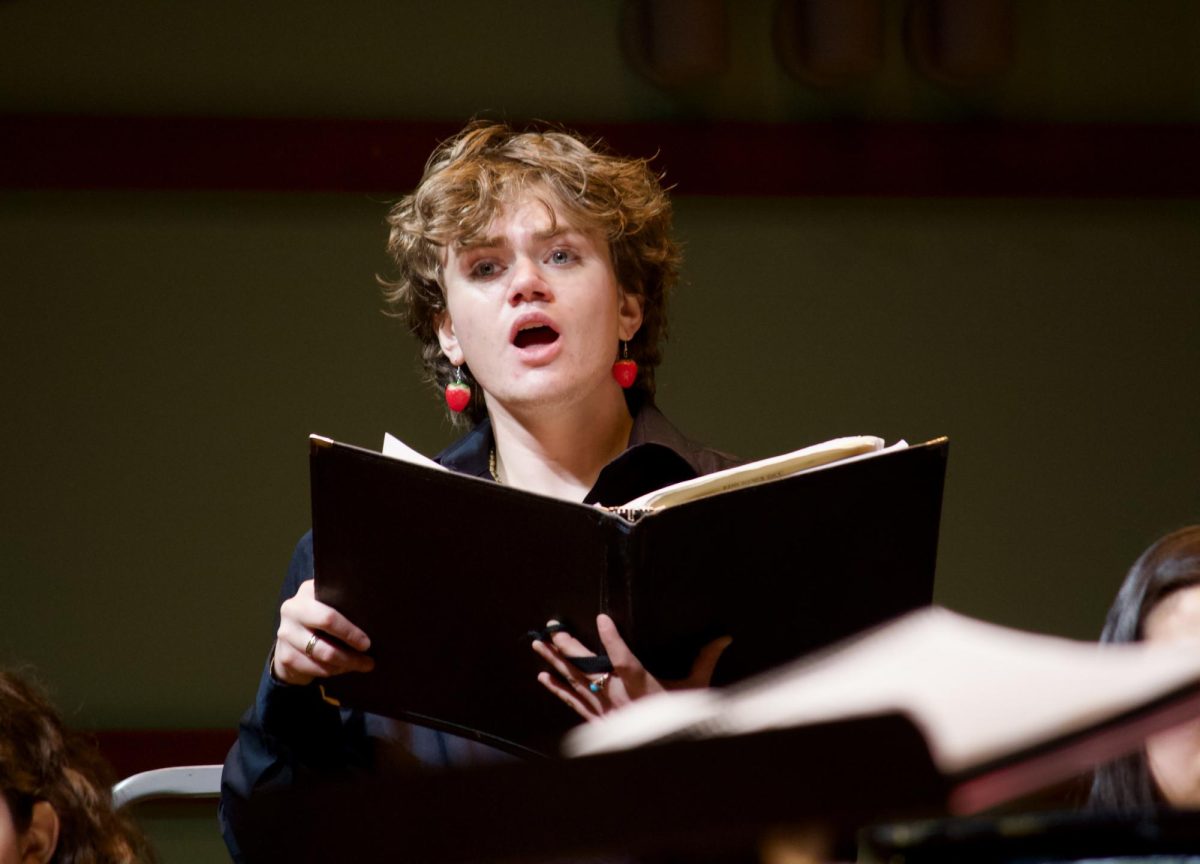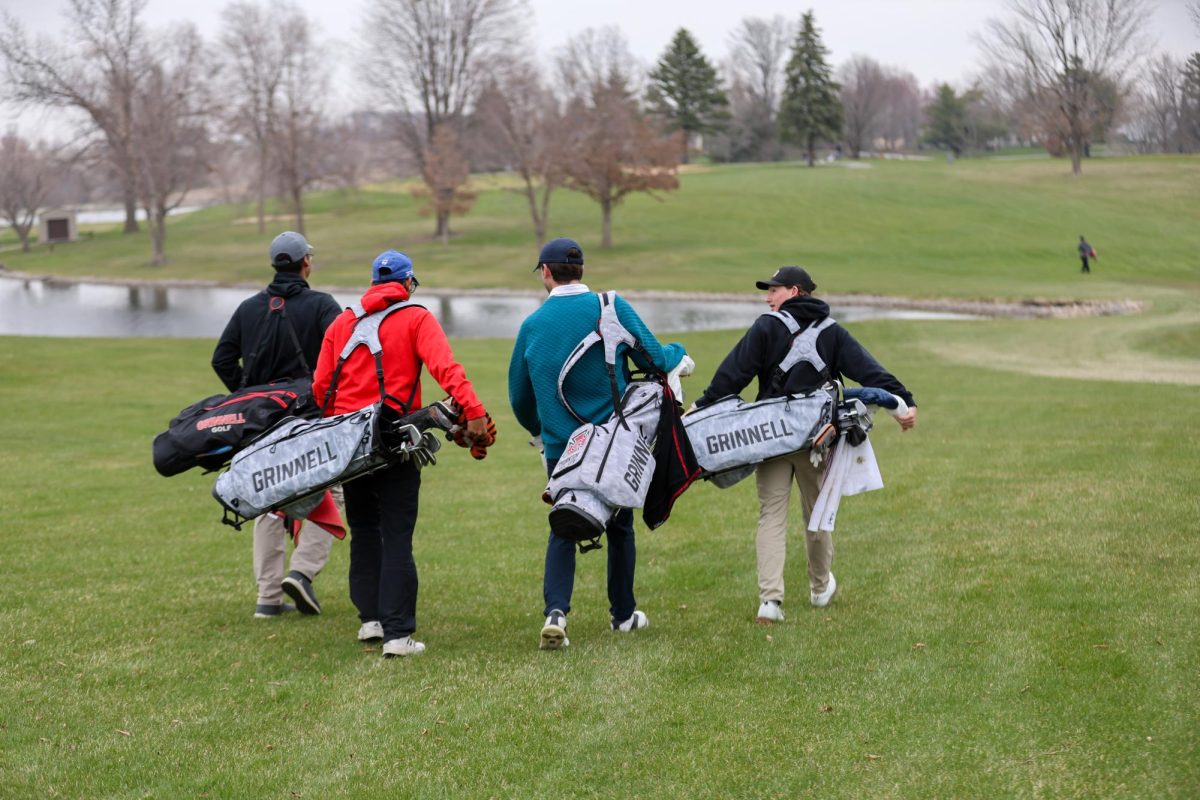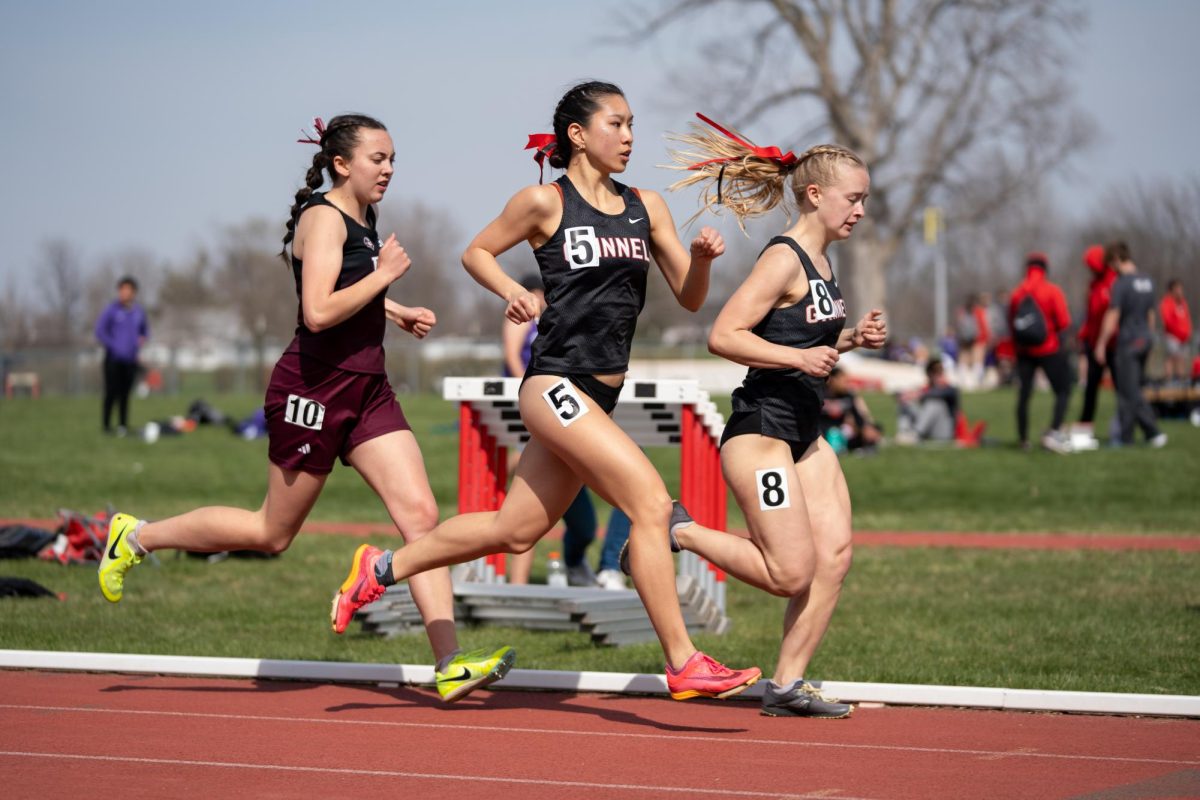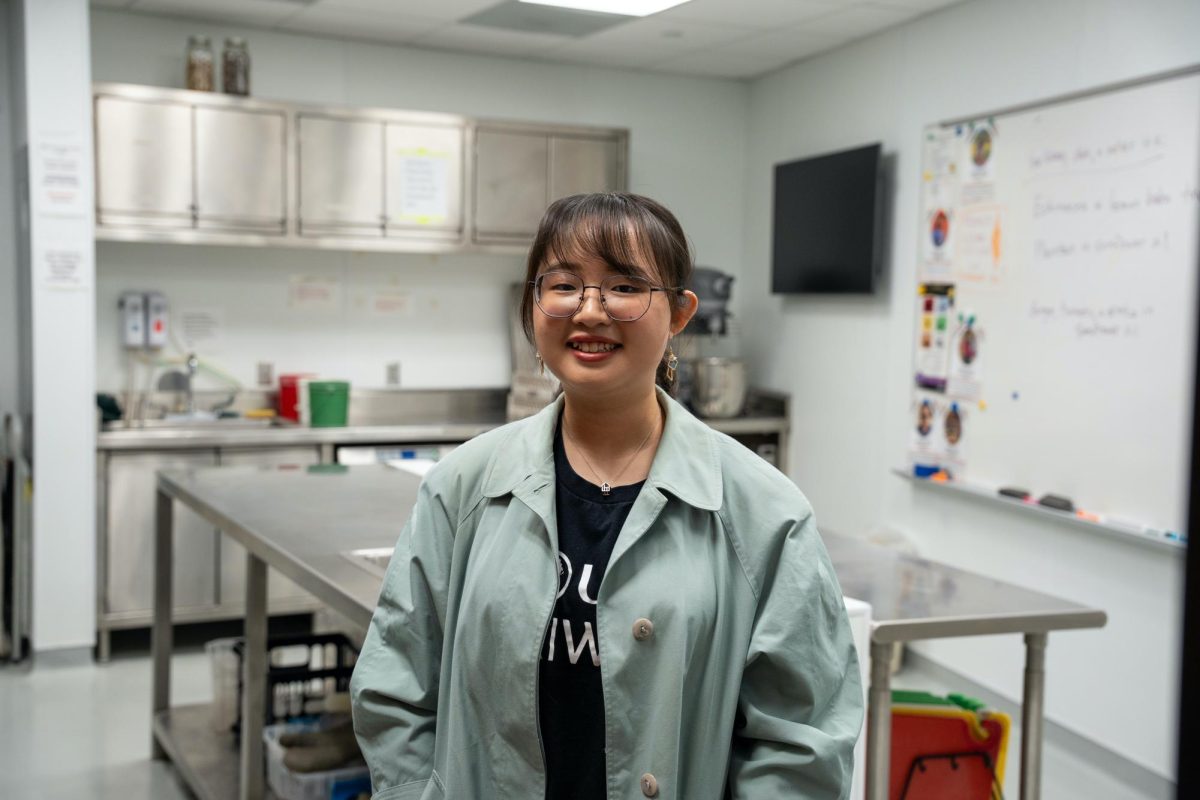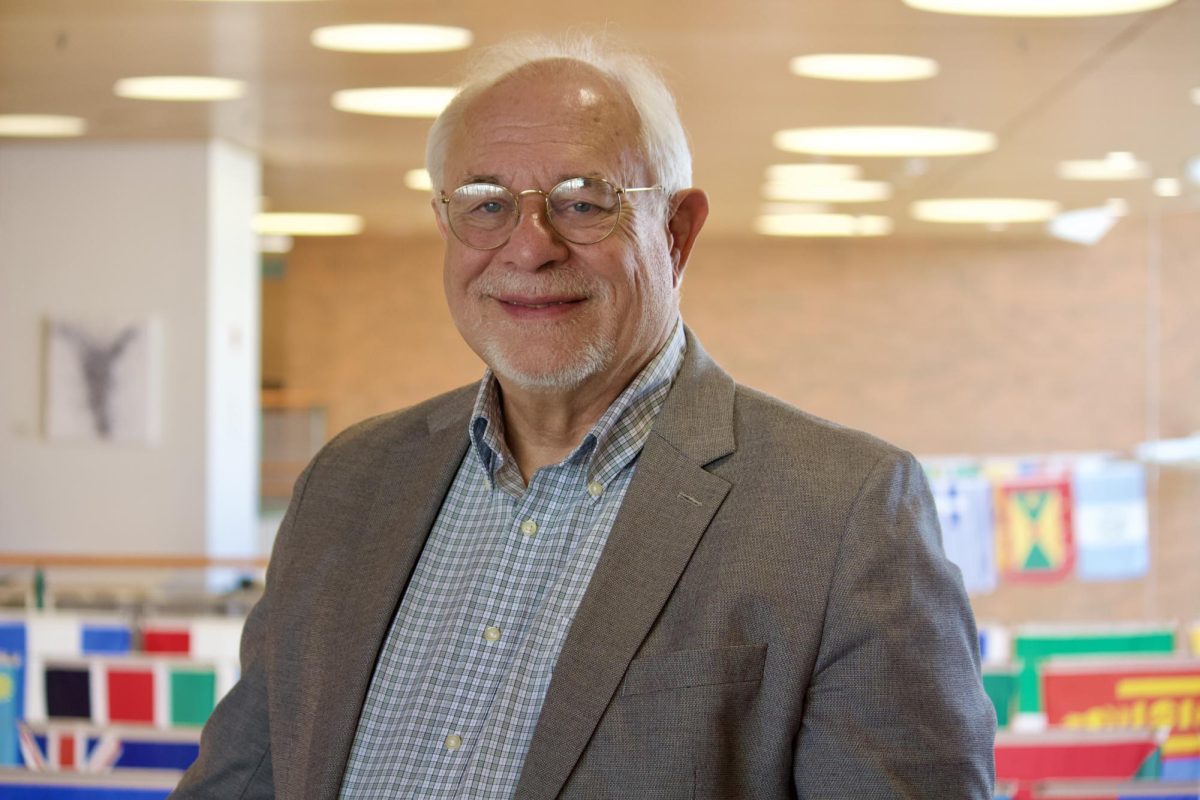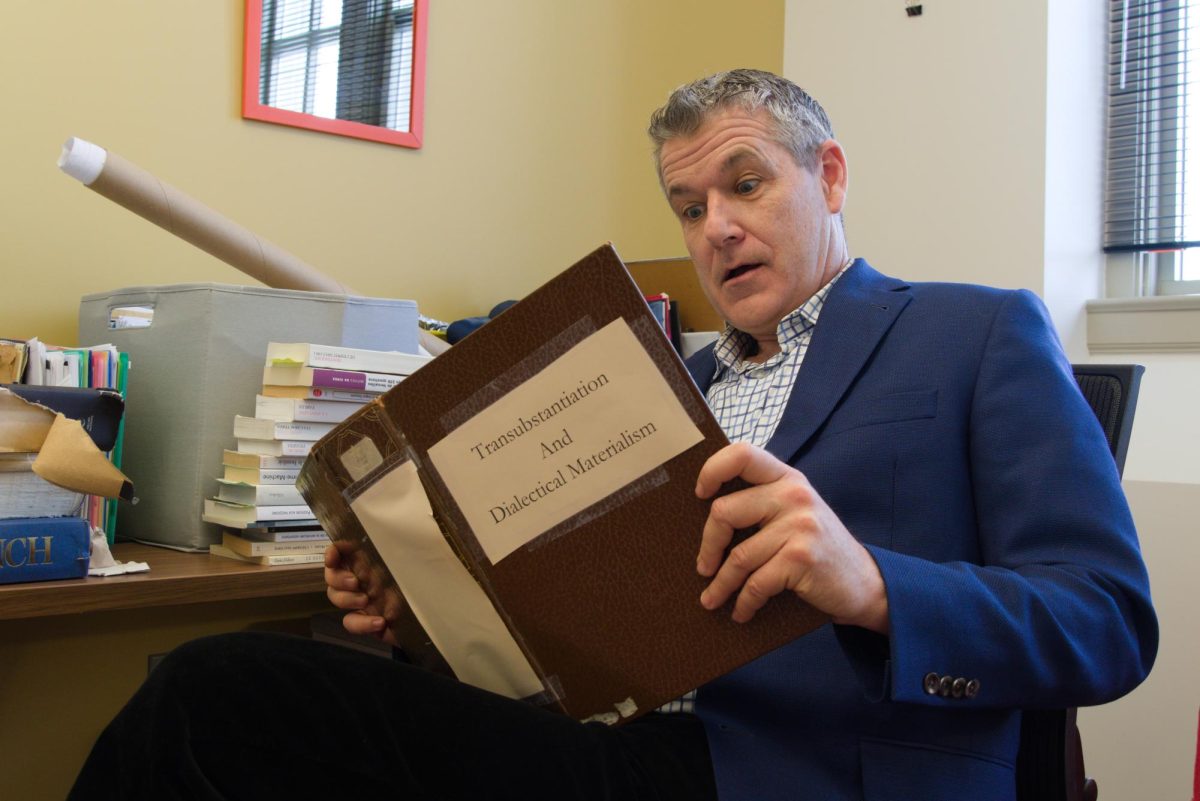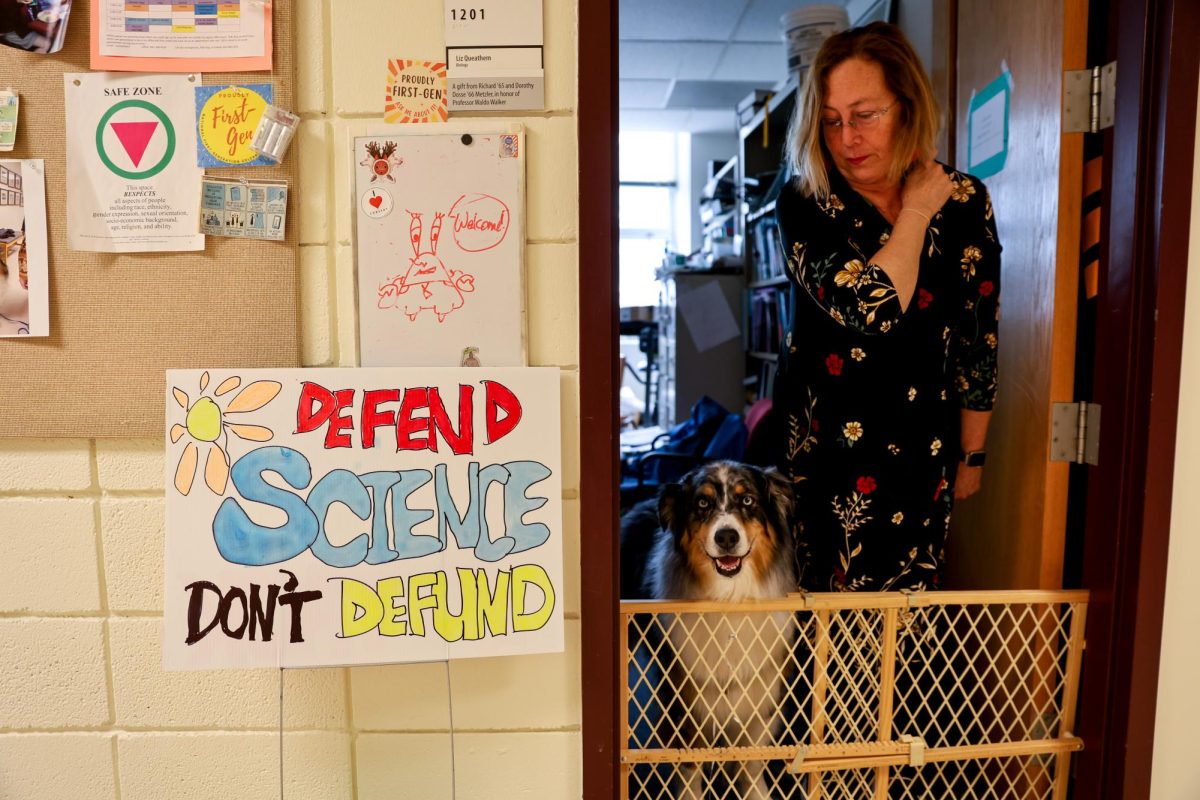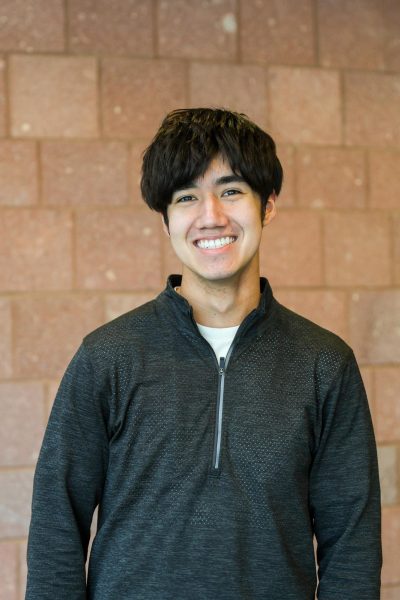The College is now in the second phase of its current Quality Initiative project on Academic Advising, and is in the process of gathering information on its advising processes by conducting student and faculty surveys. The survey process started on Nov. 11 and will continue until Nov. 27.
As part of Grinnell College’s re-accreditation process every ten years with the Higher Learning Commission (HLC), it is required to assign “one major improvement effort it has undertaken during its 10-year re-accreditation cycle as its Quality Initiative,” according to the HLC’s website. For the current re-accreditation cycle, the College initiated a three-year Quality Initiative project assessing academic advising in 2023.
Joyce Stern, dean for student success and academic advising, said that academic advising has not been actively assessed for more than 25 years. In this time, the advising landscape both inside and outside the College has changed significantly.
The College is part of the National Academic Advising Association (NACADA), a professional association on academic advising. According to Stern, the College was and still is not meeting some of the standards on academic advising set by NACADA prior to the Quality Initiative project. “At the time, we didn’t have a mission statement for our advising program,” Stern said. “There’s lots of things that we could – we are doing, maybe, to some degree, and could be doing more of.”
Additionally, Stern said that there was an “unevenness” in the distribution of advisees for faculty, and that this was observed in how students described their advising experiences in focus groups conducted in Spring 2023.
“Faculty’s experience is uneven, students’ experience is uneven, we’d like it to feel more equitable and sustainable for everybody who’s in the system,” Stern said.
A data visualization from the “Mapping the Advising Ecosystem” project during the 2023-24 academic year shows the range of resources students use for academic advising. These resources include faculty advisers, students, friends and family, as well as resources like the Center for Religion, Spirituality and Social Justice, the Office of International Student Affairs and the Center for Careers, Life and Service. According to Andrea Tracy, associate dean of student academic life, many of these resources have only come into existence in the 25 years since the last assessment of academic advising.
The first year of the project was dedicated to collecting data so that the College could understand the dimensions to academic advising, according to Belinda Backous, interim registrar, who was on the “Mapping the Advising Ecosystem” committee. In the current academic year, the project is focused on gathering information on how effective students and faculty feel their resources for academic advising are. “Last year was really focused on the ‘what’ and ‘where,’ and this year is focused on how well it works,” Tracy said.
According to Nick Phillips, associate dean of curriculum and academic programs, recommendations from the data collected in the first and second years should be developed by February or March 2025.
“Some may have some short-term effects, potentially starting next academic year, I think others will probably have a longer timeline,” Phillips said. “It’s a little too early right now to say what those recommendations could be.”


